This post may contain affiliate links. I only recommend products I use and love. Read the full disclosure here
Last Updated on June 25, 2025 by Alaina
Sustainable Palm Oil Isn’t The Norm, But It Should Be
It wasn’t until about three years ago that I started to really get interested in what was going into the food my family eats and the products we use. The more I read, the more shocked I became, and that’s when I made the decision to start buying foods and products which contain more natural ingredients and less chemicals, and that are sourced sustainably and have less impact on the planet. That is also when I first heard about palm oil.
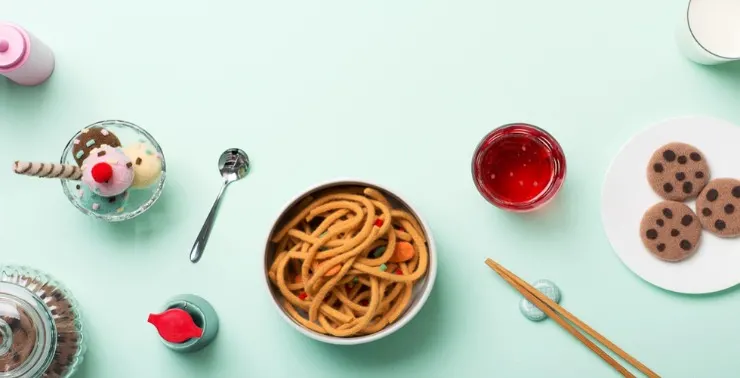
Perhaps you, like myself at one time, have never heard of palm oil, much less believe you’ve used it. Actually you have used it and probably much more often than you think. That’s because, according to the Roundtable on Sustainable Palm Oil (RSPO), over 50% of supermarket goods contain the oil. It can be found in many foods such as chocolate, cereal, donuts and cookies, and in common everyday items such as soaps, shampoos, candles, cosmetics, and lip balms. It’s even in toothpaste! In fact, around 70% of the world’s cosmetics and household detergents contain raw materials derived from palm oil!
Why is it in so many products? Mainly because it is the most efficient oilseed crop in the world. One hectare (approximately 2.5 acres) of oil palms can produce up to ten times more oil than other oilseed crops! This not only makes palm oil the highest yielding vegetable oil in the world, it also makes it the least expensive. Plus, it has so many uses! On top of being in all of these products we use, it’s a fantastic oil for cooking with its smooth, creamy texture, an absence of smell, and its ability to keep its cooking properties under high temperatures (I personally love using it when I stir fry). Not to mention it’s healthy! So while all of this sounds great, and perhaps even encourages you to start using it more often, there is a problem.
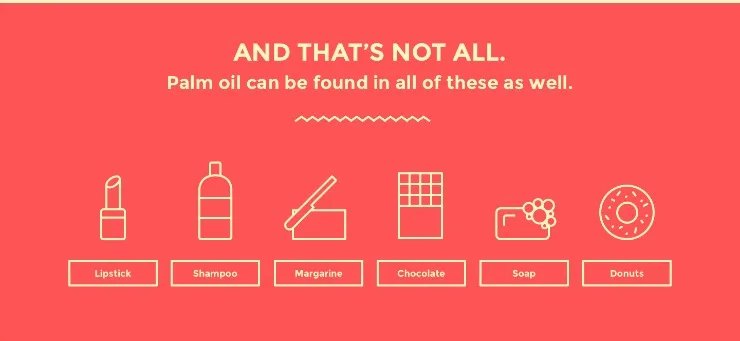
While globally 13.47 million tonnes of palm oil is consumed, only a mere 21% of it is certified as being from sustainable sources. And where it is grown unsustainably, it can (and has) had a devastating impact on the environment, the people, and the animals who live where it is grown. To meet the growing demand for the oil, huge areas of tropical rainforest have been cleared in order to make room for palm oil plantations. As a result, large areas rich in biodiversity have been destroyed resulting in the loss of habitat for many endangered animals and indigenous people. Entire communities have lost their homes, and social unrest is appearing in other communities in the aftermath of this destruction.
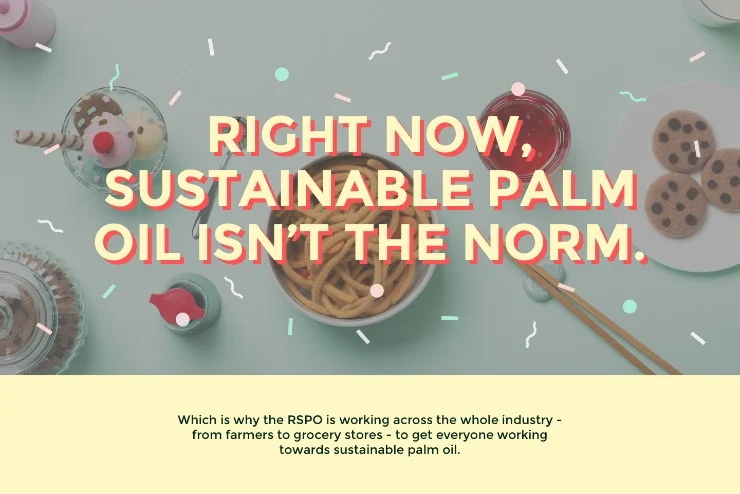
Yet where it is grown sustainably, production has a huge benefit on local communities. The farmers that use sustainable practices are able to make more money producing more oil from less land. Plus, the use of sustainable palm oil practices protect irreplaceable forests and the species in them.
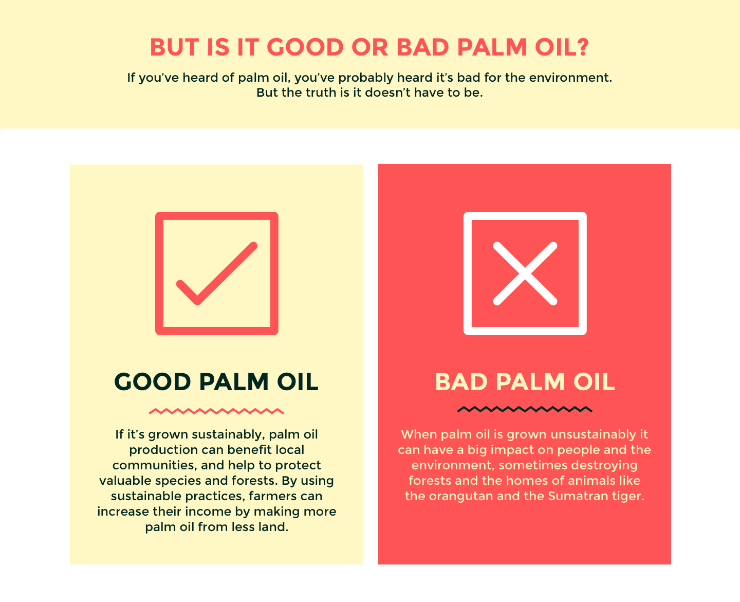
Thankfully, the world is becoming more aware of the ongoing debate about good palm oil (grown sustainably) and bad palm oil (grown unsustainably), and the Roundtable on Sustainable Palm Oil (RSPO) is one of the organizations working on this issue. The RSPO is a collective of palm oil producers, consumer goods manufactures, investors, banks, and environmental/social NGOs such as the World Wildlife Fund whose goal is to work towards 100% sustainable palm oil by 2020. The RSPO has developed a set of environmental and social criteria which companies must adhere to in order to produce ‘good’ or Certified Sustainable Palm Oil (CSPO). This CSPO is labeled ‘good’ because it ensures the least impact on the environment. More and more companies are joining and the campaign is gathering momentum.
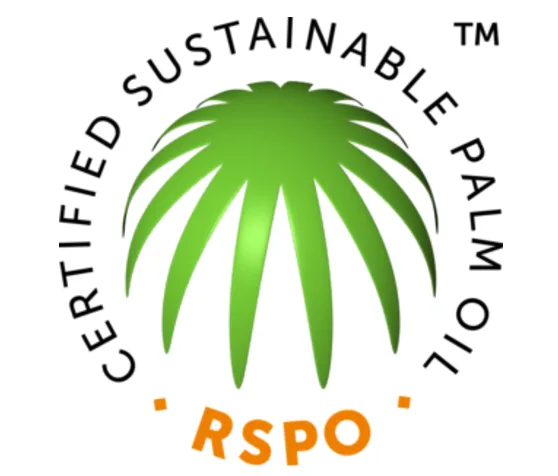
What Can We Do to Help Promote Sustainable Practices?
First of all we can make sure to buy only those products that are made with good (sustainably sourced) palm oil. Simply look for the RSPO symbol on products, your assurance that it only contains RSPO-certified sustainable palm oil. You can find several examples of products with the RSPO symbol here.
We can also help influence change by making sure the brands we use know that we care about sustainable palm oil and we want them to take action! There are several ways we can do this, including:
- Sharing this post across social media with the hashtag #GoodBadPalmOil
- Join in the discussion and debate on Twitter and Facebook using the above hashtag
- Reading more about this campaign on the GoodBadPalmOil website and sharing their messages
- Continue to spread the word and make others aware of the campaign
For more information about and from the RSPO, please visit GoodBadPalmOil.org. You can also learn more about the RSPO by following them on Facebook, Twitter, YouTube and Instagram.
Were you aware of how many common foods and products contain palm oil?

